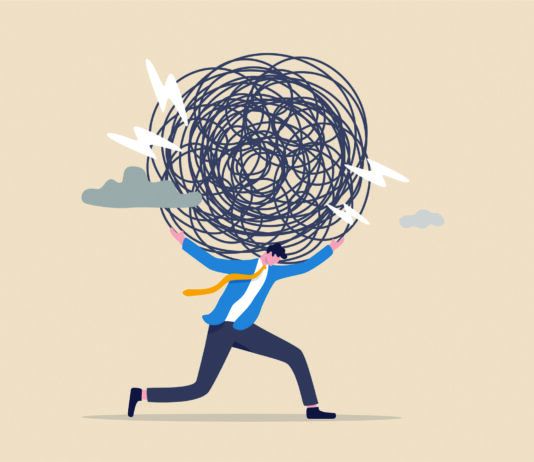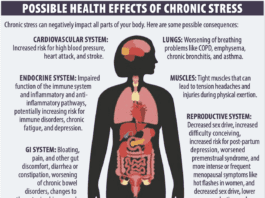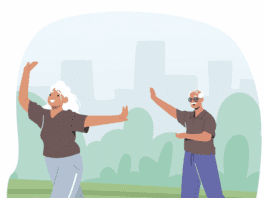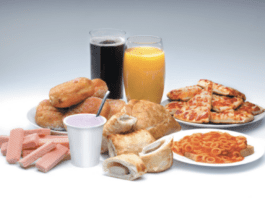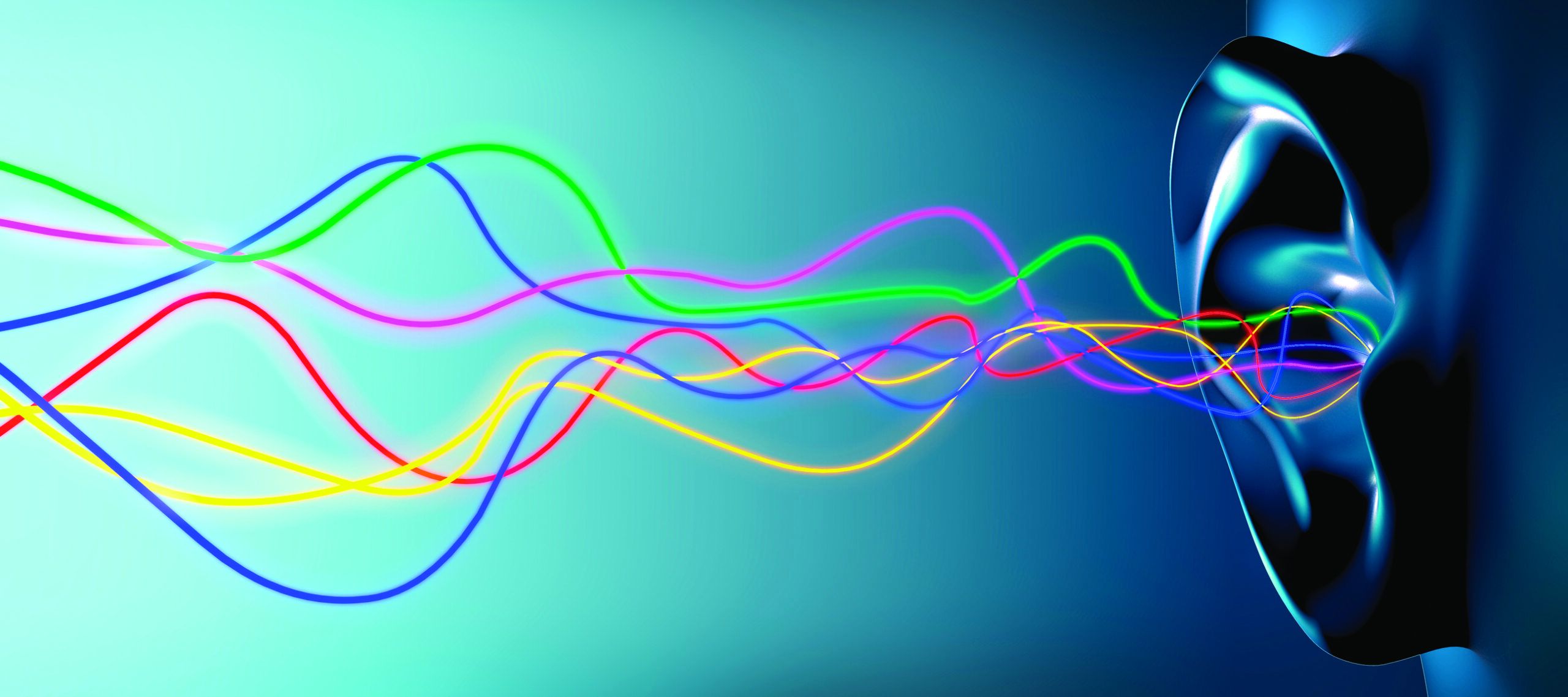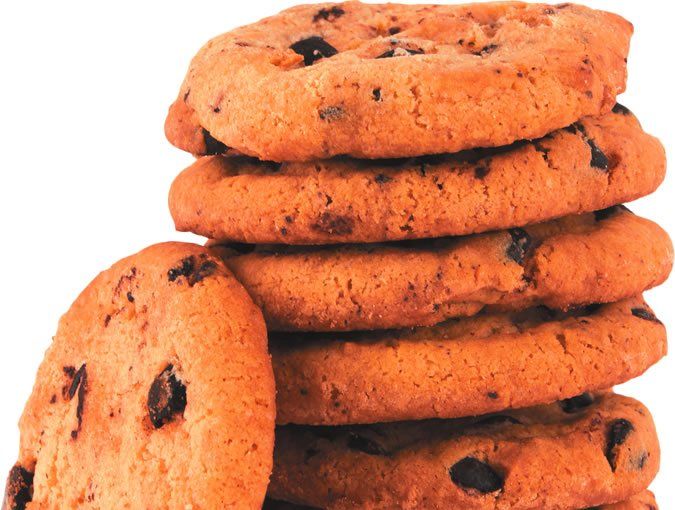Hear Ye! Hear Ye!
Approximately 15 percent of adults in the U.S. report some trouble hearing. The older we get, the more likely it is we will experience...
Newsbites: June 2022
Have High Blood Pressure? Healthy Lifestyle Choices Linked to Lower Risk of Death
A study that followed over 14,000 individuals in China with hypertension (high...
Caffeine Without Sleeplessness
Timing and moderation allow you to enjoy coffee, tea and other caffeinated beverages without disturbing your slumber.
Stop Emotional Eating Patterns By Learning New Habits
You feel stressed out. You are bored. Or you are angry at your spouse. So you walk a short distance to the fridge, swing open the door and look for a solution. Is it the leftover tapioca pudding? A slab of last nights lasagna? That pint of premium ice cream in the freezer?
Step Away from the Smorgasbord
With the holidays approaching, a new study in PLOS One reinforces the importance of staying a good distance away from festive food tables to help avoid overeating.
Connecting Food and Your Mood
You may not expect a mental health practitioner to prescribe a healthy eating plan, but that approach may not be far off. In recent years, scientists have been studying the link between food and mood more closely. They've found that there may be a relationship between the risk of common mental health issues - including depression and anxiety - and our diet quality.
Are Beverage Choices Linked to Depression?
Thats the possibility posed by a large new National Institutes of Health study that reports older adults who drink four or more sweetened soft drinks daily were 30% more likely to develop depression.
Unhealthy Eating Makes Bad Mood Worse
If youre already worried about your weight and diet
Trans Fats Make You Grouchy
Maybe its the French fries and bear claws that are making you angry
Chewing Gum May Perk You Up
Can chewing gum help keep you alert? Thats the suggestion of a new British study
























